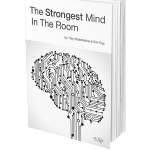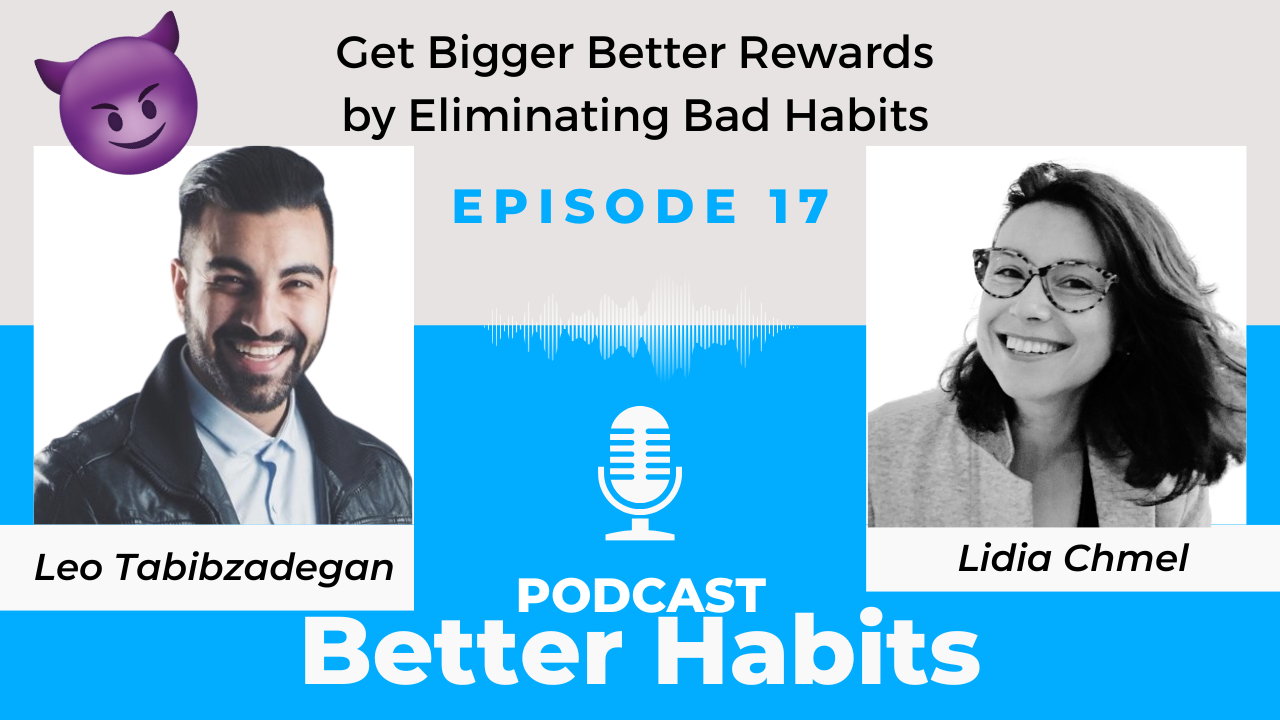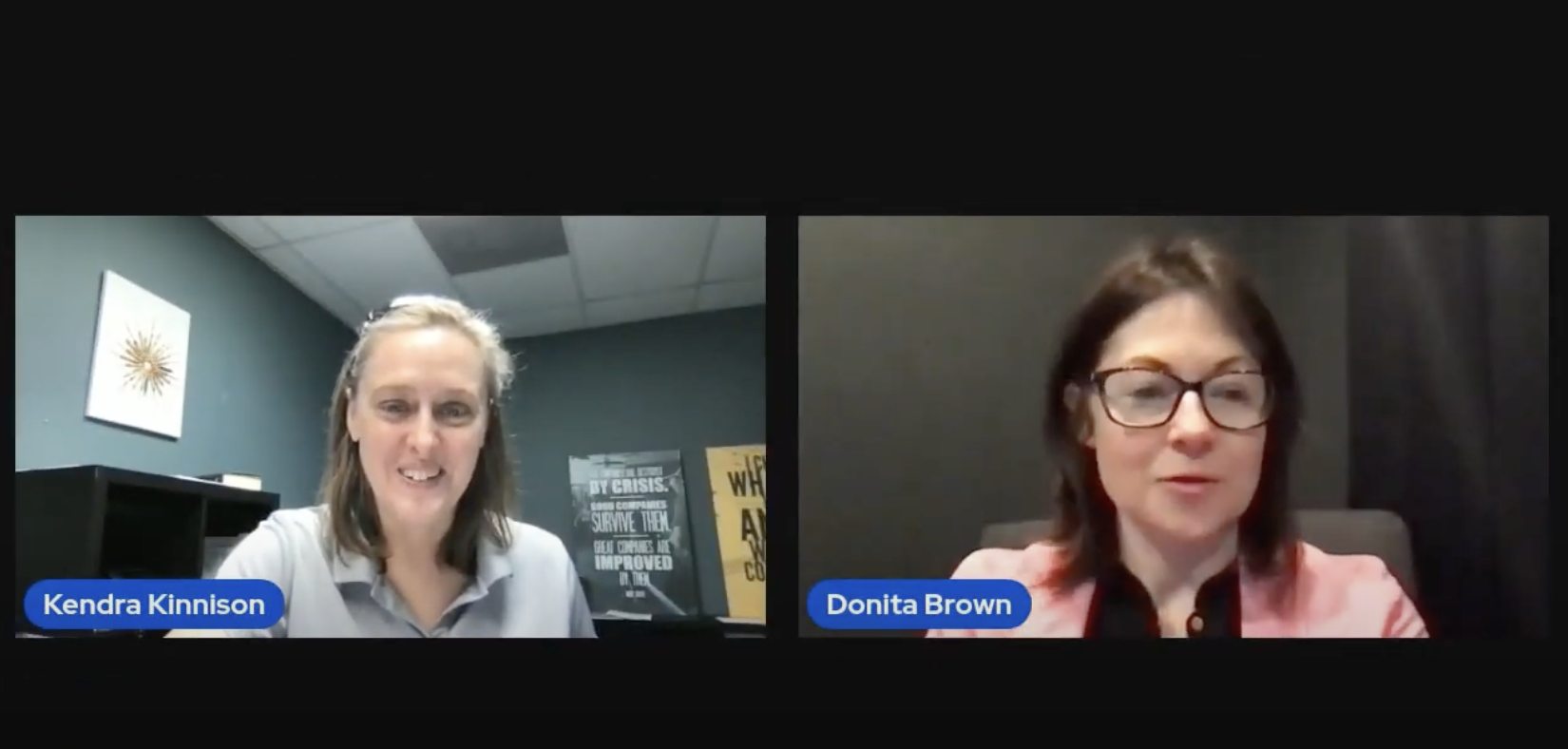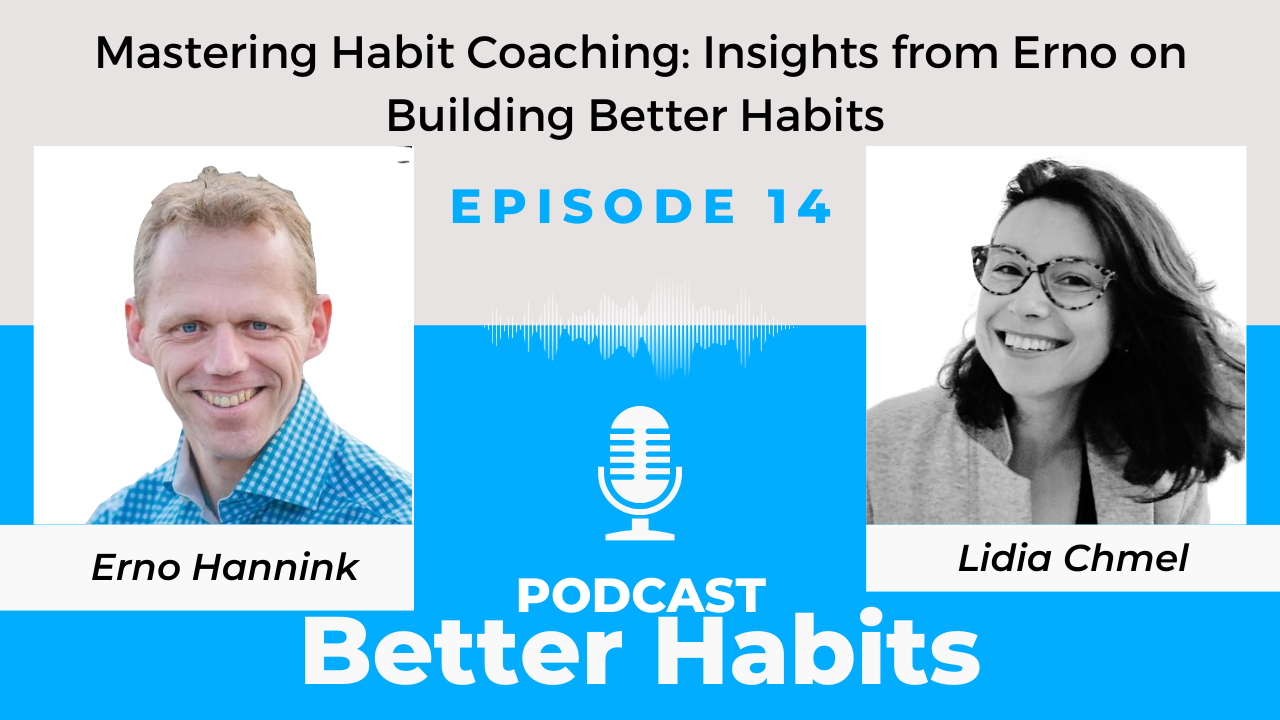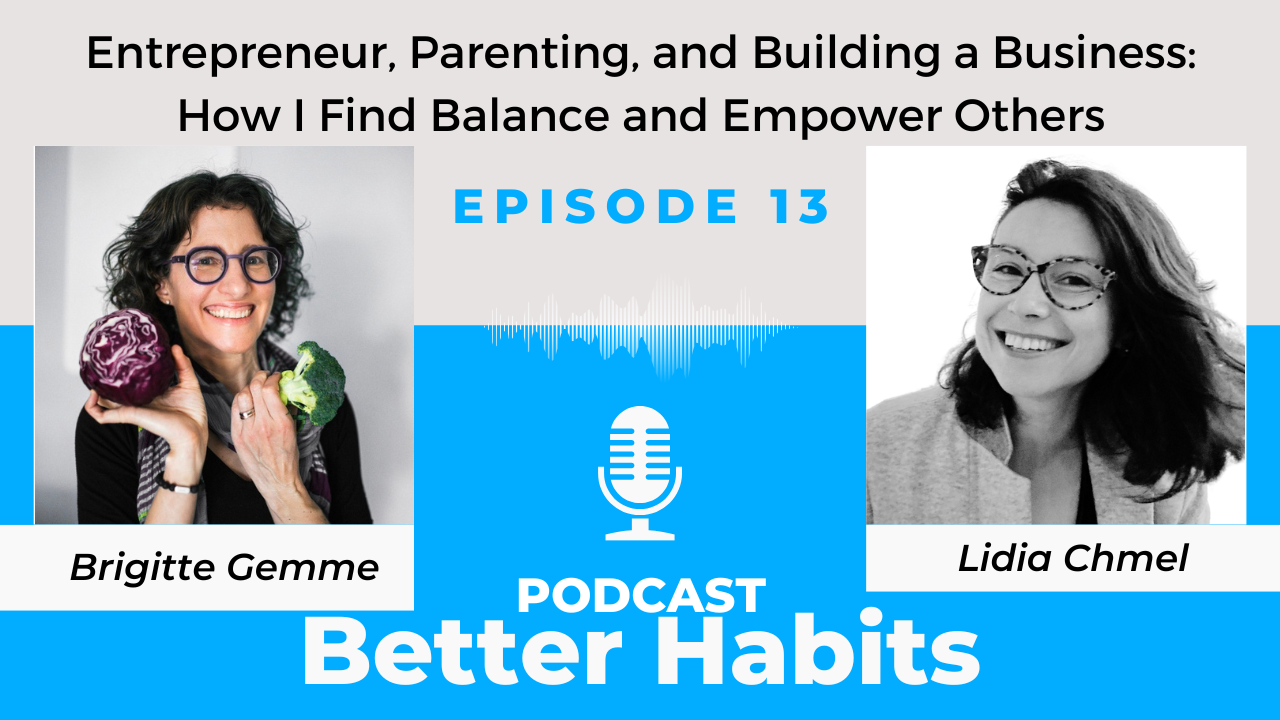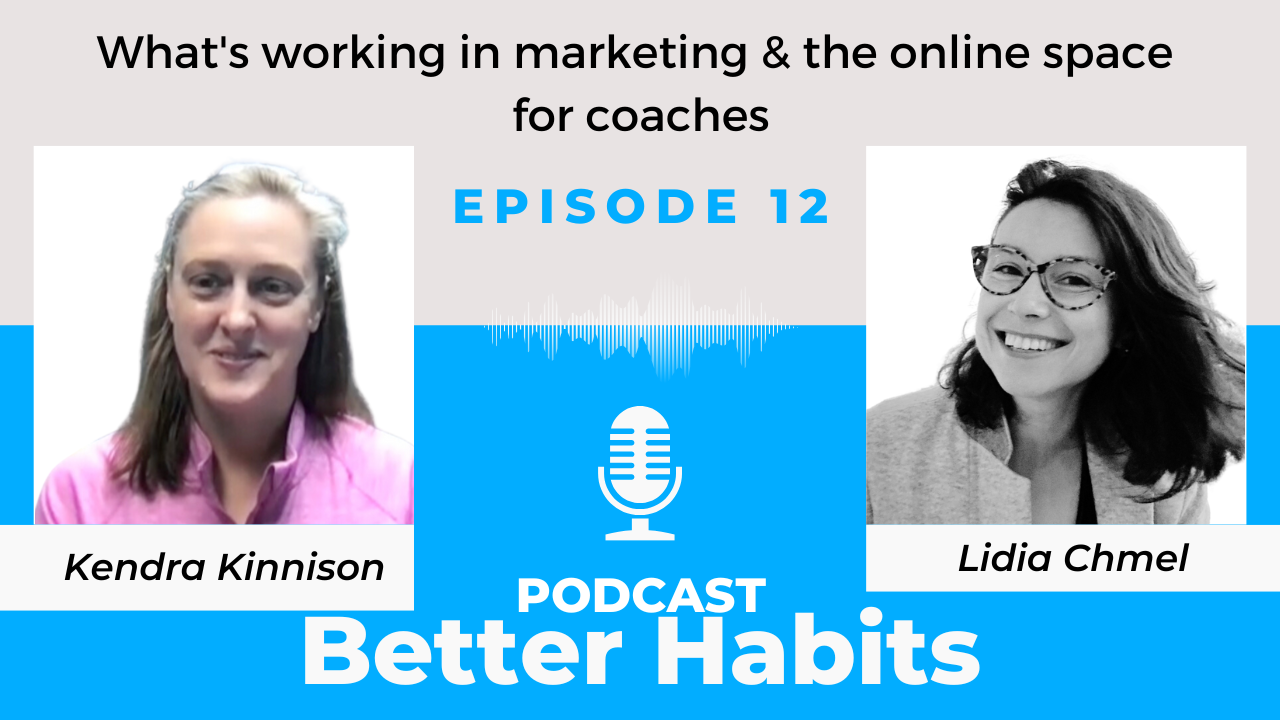“I would be overwhelmed with anxiety before giving a public speech. My heart would palpitate and my fingers would turn frigid.”
Anand Yadav is the founder of Neumitra, the startup that created the neuma biowatch. He started meditating after seeing the practice’s positive effect on his friend’s life and now considers meditation to be one of his most important daily rituals. Anand shared with us how meditation has helped him achieve more at work, for example by helping him get over a fear of public speaking.
Why did you start meditating? What was your goal?
I have been aware of meditation for as long as I can remember. Although I had heard of it while growing up in Nepal, I never meditated because I didn’t have any reason to then. After I moved to the US, I came across an old friend from high school practicing meditation. He was doing it to find balance amidst the pressures related to his investment banking job. My friend said it helped him focus better, gain clarity and help with decision-making. That intrigued me. I thought here is a technique that is truly user-centric and easy to practice with a number of benefits. Around that time, my engineering career was beginning to demand additional responsibilities and decision-making (although I didn’t have the same pressures my friend was describing). I couldn’t have found a better practice to start.
What is your meditation routine?
I try to do a 10-minute long meditation twice a day: in the morning after I wake up and before I go to bed. I have found that 10 minutes is just about the right duration for me. I have developed my own technique which combines mindfulness and breath control. It works really well for me. That said, discipline is probably the hardest thing in my routine. I am not always able to follow through. That is where I rely on two things. First, I have developed ways to follow a mindfulness practice just about anywhere–while I’m walking, eating or even driving. Second, I use technology to remind me when I should meditate. I also use neuma, which my company develops. It’s a watch with biometric sensing technology that gives me a gentle buzz to remind me when I’m stressed and recommends meditation sessions among other things. I can also schedule a meditation session ahead of time on the app. What is really nice is that I can see how effective my meditation session was by looking at my physiological data on my phone.
Can you tell me a story about how meditation improved your performance, productivity, creativity, or leadership?
Before starting meditation, I struggled with my emotions during certain situations. I accepted this as my normal response. However, I often found myself limited in my responses during negotiations, conflict situations, and when public speaking. I would be overwhelmed with anxiety before giving a public speech. I would feel my heart palpitate and my fingers would turn frigid. While I looked fine and was able to manage through these situations, I wasn’t performing optimally. It felt like I was stuck in a loop that played itself every time I encountered the same situation. I always wondered if I was really in control. Often times, I felt that I could respond more effectively to situations if I were a little bit calmer. I also sometimes felt exhausted afterwards.
When I started practicing meditation, the first thing I recognized was that my thoughts and sensations did not have to define me. Simply by observing them, I was able to prevent myself from getting caught in them. After a few years of meditation, I no longer feel the same level of anxiety (or the physiological response that usually followed) during public speaking. I am calmer during difficult meetings. Sometimes, I even have to be careful that people don’t take my calmness to be indifference to the situation.
Do you think meditation gives you a competitive edge? Why?
I think being in emotional control is very important in any leadership role. On a typical day, I’m faced with many challenges in all areas of work. The stakes are high in a startup. To be functional, I need to constantly respond to situations yet be in control. I have to deal with uncertainty yet have a sense of clarity in what I do. I have to handle conflicting information yet make decisions that I can stand by. Through years of meditation practice, I can remain calm and objective in difficult situations and respond appropriately. To me, this is a reflection of “balance” I have been able to find within however, I know I have a lot of work yet to do.
What are you doing to help more people benefit from your own experience?
Well, I want to help people find balance on their own. I think balance can be cultivated through meditation over time. Yet, meditation can be challenging for many people. It is not something that comes naturally to most of us, at least, in the beginning. There are so many questions when you first begin: Am I using the right technique? How can I be motivated enough to start the practice? How will I continue meditating every day? Am I practicing correctly? Is it working? Will people notice if I do it during my meetings?
These are some of the questions faced by a typical beginner. Being a big believer in technology, I wondered if technology could help address those questions to make it easier for folks to practice meditation. That led me to found Neumitra, the company that develops the neuma watch I already mentioned. It tells you when and where you are stressed by continuously monitoring your physiology and offers tools such as meditation to manage your stress. The meditation app offers a simple guided meditation technique that can be scheduled or launched in the moment prompted by a smart recommendation based on the biofeedback algorithm. It’s so easy to forget to take a break when you need it most. Having a technology that helps you with that is where neuma goes a long way. On top of that, seeing your physiological data improve immediately after your meditation session empowers you. I would be so happy if more people can find balance through meditation. If neuma can do that, I’m grateful for the opportunity to help.

